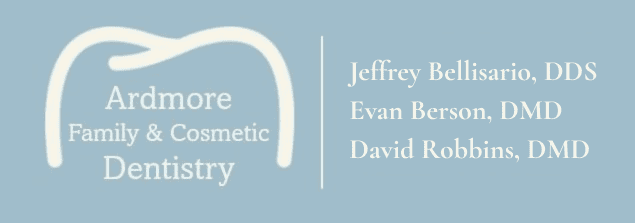When we think about oral health, we often focus on our teeth and gums. But, there’s another crucial player in the game: your jaw. Your jaw plays a huge role in your oral health. It can impact everything from the alignment of your teeth to your ability to chew and speak comfortably. Your jaw isn’t just a bone. It’s a critical component of your oral health. Issues with your jaw can have major consequences for your oral and overall well-being.

The Mighty Mandible: An Overview
The proper name for your jawbone is the mandible. This robust bone structure forms the foundation for your lower face. It also houses your lower teeth. It’s responsible for a variety of essential functions, including biting, chewing, and speaking.
Proper Jaw Alignment Matters
Proper alignment of your upper and lower jaws is crucial for several reasons. For example, your bite is dependent on your jaw. When your jaws are misaligned, it can affect how your teeth come together when you bite. This misalignment can lead to uneven wear on your teeth and cause discomfort when chewing.
Additionally, your jaw also plays a vital role in speech. Misalignment can lead to speech difficulties. This may even affect your ability to pronounce certain sounds and words correctly.
The temporomandibular joint (TMJ) connects your jaw to your skull and enables movements like opening and closing your mouth. Jaw misalignment can strain the TMJ, leading to temporomandibular joint disorders (TMD). As a result, you can experience jaw pain, headaches, and even earaches.
Overbites, Underbites, and Crossbites
There are several bite problems that your jaw can cause.
- Overbite: When your upper teeth significantly overlap your lower teeth.
- Underbite: When your lower teeth protrude past your upper teeth.
- Crossbite: When some upper teeth sit inside the lower teeth while others sit outside, creating a misaligned bite.
Each of these conditions can lead to various dental issues, such as tooth wear, difficulty chewing, and an increased risk of gum disease.
Jaw and Teeth Alignment
Your jaw’s alignment has a direct impact on your teeth. Misalignment can cause crowding. This can make it difficult to clean your teeth properly. It can increase your risk of cavities and gum disease.
When your teeth don’t fit together correctly, certain areas may endure excessive wear. This can potentially lead to sensitivity and the need for crowns or fillings.
Solutions
Fortunately, your dentist can help correct jaw misalignment and improve your oral health. They can provide several options to fit your needs.
Traditional braces can gradually move your teeth into their correct positions. This can address bite problems like overbites and underbites. But, there is a more modern solution that removes bulky brackets and wires. Clear aligners like Invisalign are a discreet option for straightening teeth and correcting jaw misalignment.
After orthodontic treatment, retainers help maintain the corrected alignment of your teeth and jaws. If you wear your retainers properly, it can reduce your chances of orthodontic failure.
